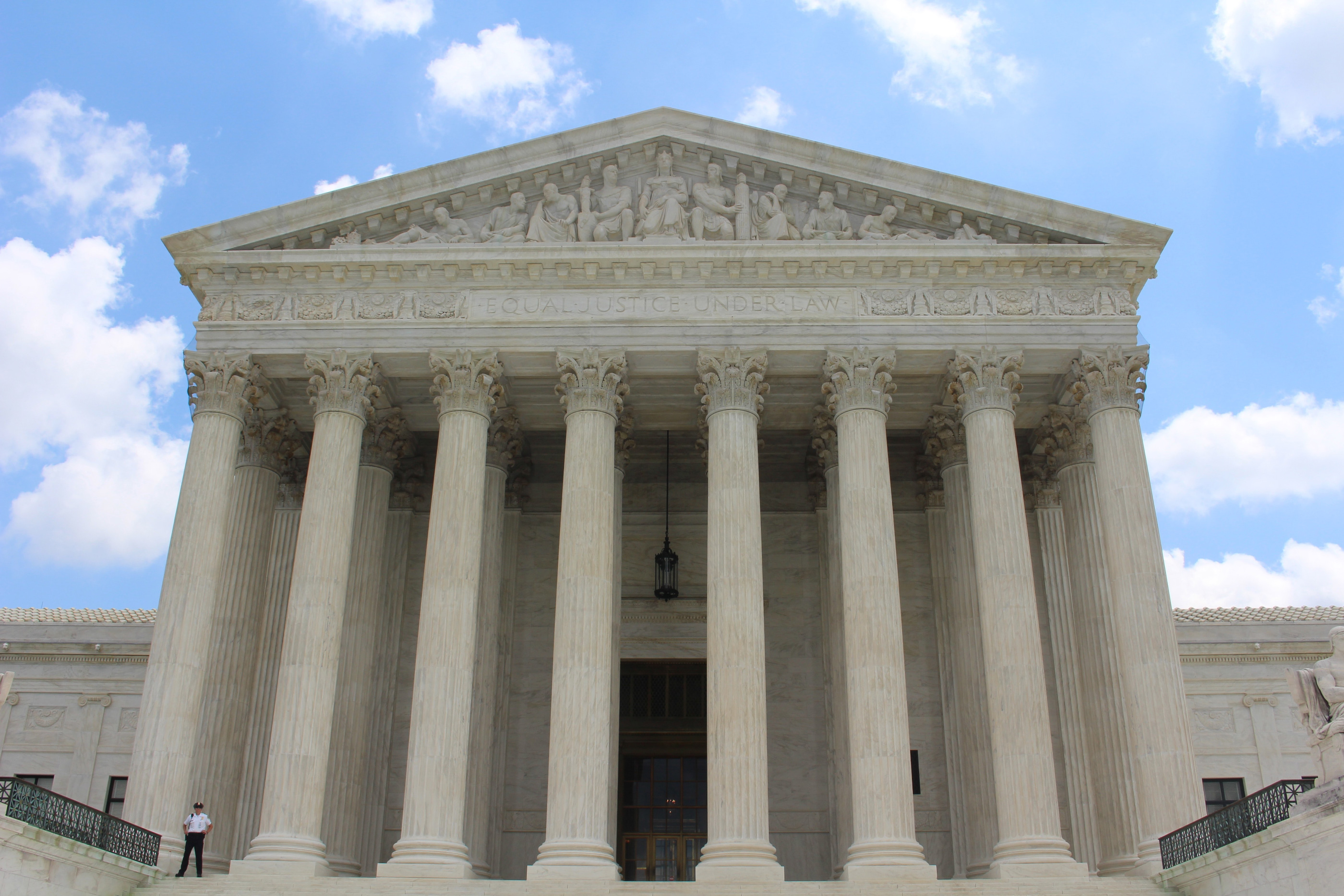In this new world we need to appreciate the difference between the model code and the code adopted by a legal entity. The local or state code, which may contain content from a model code, has no copyright. The model code by itself does have a copyright. This may appear to be a matter of semantics but from a legal perspective it is an important difference.
For example when a local jurisdiction obtains a copy of the IBC for the purpose of adopting it as the basis for their building code that copy of the IBC is copyrighted. But when the legislative body adopts that volume as the basis of their building code the content in the IBC does not have a copyright in the context of the local building code. The adoption of a law or regulation can change the status of that document.
It is the content of the document that has the copyright not the physical pages on which the content is located.
Since the standards referenced in the model code are part of the adopted regulations they would have no copyright in the context of the adopted regulations.
Commentary and notes produced by a private entity can be copyrighted unless the production and use of the commentary and notes was supported and endorsed by the legislative body.
AISC is an interesting example. They make their codes and standards freely available but they publish a copyrighted manual, that they charge an excessive amount for. So the charts and tables and the commentary in the manual are copyrighted but the standards included in the manual would not be copyrighted if considered as part of the regulations adopted by a specific entity.

